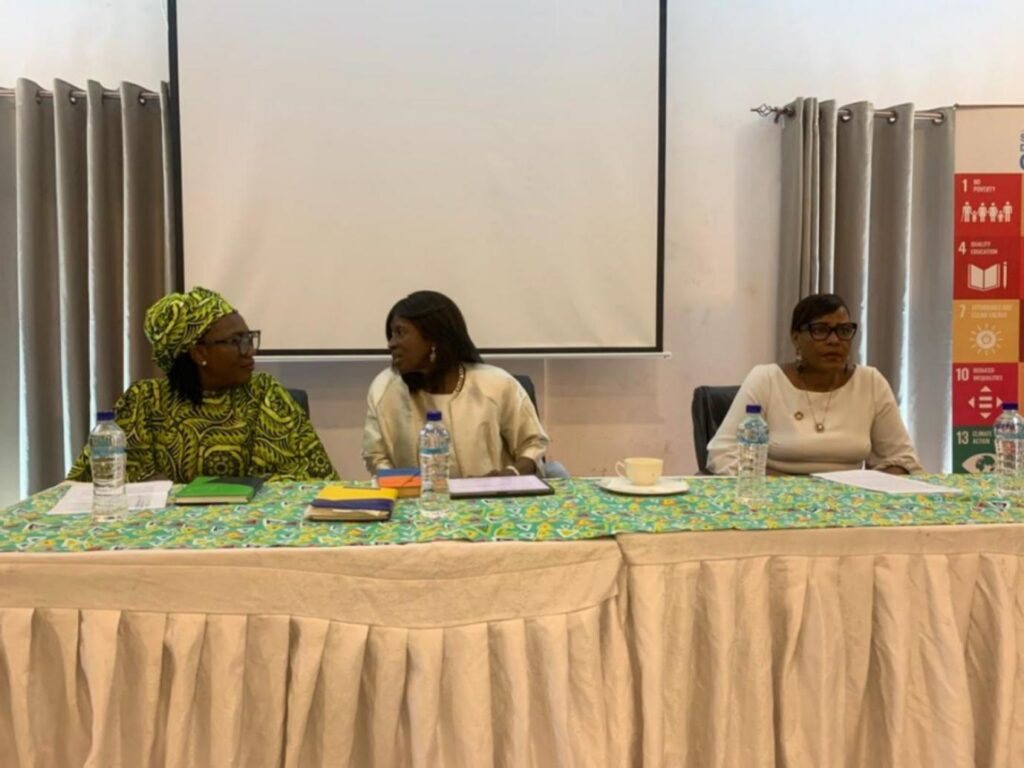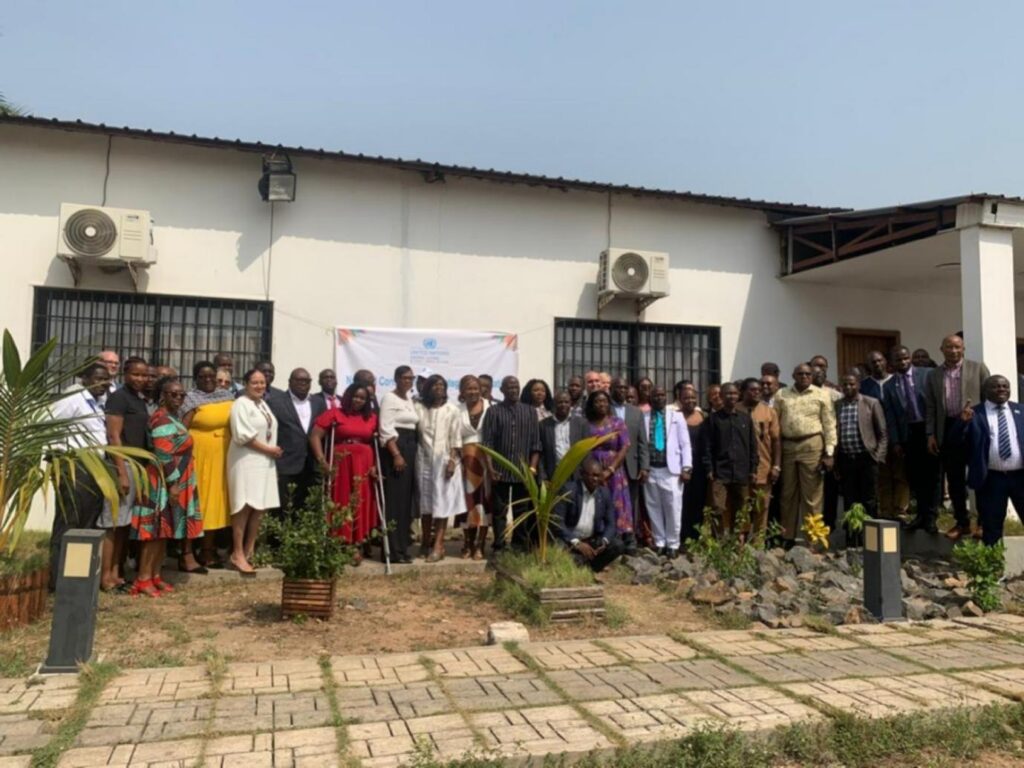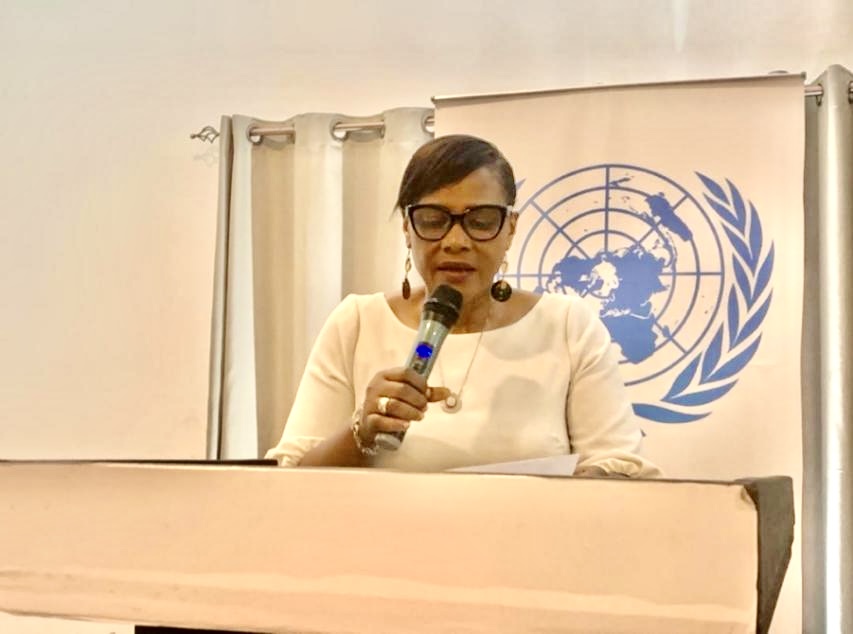UN Resident Coordinator Ms Seraphine Wakana
Under the direction of UN Resident Coordinator Ms Seraphine Wakana, the United Nations Country Team (UNCT) in Sierra Leone is starting the vital task of creating the next UN Sustainable Development Cooperation Framework (UNSCDF) for the years 2025–2030. This framework, which will serve as a strategic guide for the UN’s engagement with Sierra Leone, will be in line with both the country’s Medium-Term National Development Plan (2024–2030) and the Sustainable Development Goals (SDGs).
The UN system as a whole is dedicated to supporting Sierra Leone in its transition to sustainable development, acknowledging the significance of the UNSCDF as the primary strategic framework that guides the system’s cooperation with host countries. The UN system seeks to support Sierra Leone’s advancement in several areas and sectors by coordinating with the nation’s development plans and international commitments, such as the 2030 Agenda for Sustainable Development.

Several regional stakeholder consultations have been held in advance of the Cooperation Framework, which will take effect in January 2025. Several participants from various districts, local councils, ministries, and important organisations were present at these consultations, which were held in Makeni, Bo, and Freetown. The stakeholders prioritised inclusivity and diversity in the process as they identified community challenges and suggested development priorities for the new plan.
During the consultations, Seraphine Wakana, the resident coordinator, emphasised the significance of diversity and inclusivity in forming the framework for cooperation. She underlined how important it is to meet the needs of every citizen and make sure that nobody is left behind in the process of development. The objective is not limited to document drafting; it also encompasses expressing common goals that will steer Sierra Leone’s development towards equity, progress, and sustainability.

While acknowledging the nation’s economic challenges—such as rising debt vulnerabilities and uncertainties in the global economy—the Resident Coordinator emphasised the need for financial sustainability in development interventions. She underlined that for the UN to effectively support Sierra Leone’s development goals, sustainability is a requirement, not an option.
The Cooperation Framework design process proceeds to the Theory of Change Workshop, where evidence-based analysis of interventions and their anticipated developmental effects will take place. This workshop will offer a strategic roadmap for how UN initiatives can result in real and beneficial improvements to the development environment in Sierra Leone.
The dedication to inclusivity, diversity, and sustainability remains at the centre of UN Sierra Leone’s vision for 2025–2030, representing a team effort to promote advancement and prosperity for all Sierra Leoneans. This is how the organisation is charting a sustainable future.
